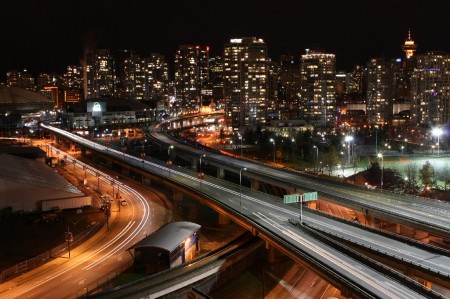Writing for Salon.com, pilot Patrick Smith makes some excellent points about the breathless paranoia we now display about terrorism:
What has become of us? Are we really in such a confused and panicked state that a person haplessly walking through the wrong door can disrupt air travel nationwide, resulting in mass evacuations and long delays? “The terrorists have won” is one of those waggish catch-alls that normally annoy me, but all too often it seems that way. Our reactionary, self-defeating behavior has put much at stake — our time, our tax dollars and our liberties.
…
In fact, over the five-year span between 1985 and 1989 we can count at least six high-profile terrorist attacks against commercial planes or airports. In addition to those above were the horrific bombings of Pan Am 103 and UTA 772, the bombing of an Air India 747 over the North Atlantic that killed 329 people, and the saga of TWA Flight 847.
…
Here in this proclaimed new “age of terrorism,” we act as if the clock began ticking on Sept. 11, 2001. In truth we’ve been dealing with this stuff for decades. Not only in the 1980s, but throughout the ’60s and ’70s as well. Acts of piracy and sabotage are far fewer today.
Imagine the Karachi attack happening tomorrow. Imagine TWA 847 happening tomorrow. Imagine six successful terror attacks against commercial aviation in a five-year span. The airline industry would be paralyzed, the populace frozen in abject fear. It would be a catastrophe of epic proportion — of wall-to-wall coverage and, dare I suggest, the summary surrender of important civil liberties.
What is it about us, as a nation, that has made us so unable to remember, and unable to cope?
The message is similar to that of the excellent essay “Milksop Nation,” which won an Economist essay contest in 2002. Namely, that we do a poor job individually of assessing risks. We obsess over rare risks in which malicious actors want to do us harm, and we downplay common risks that are enormously more likely to injure or kill us. Worse, our political systems amplify our fears to the point of absurdity.
One thing we certainly need are people with the clear-sightedness and bravery to point out that we are fearful about the wrong things, and that we have real, pressing problems that we ought to be concentrating on instead.


